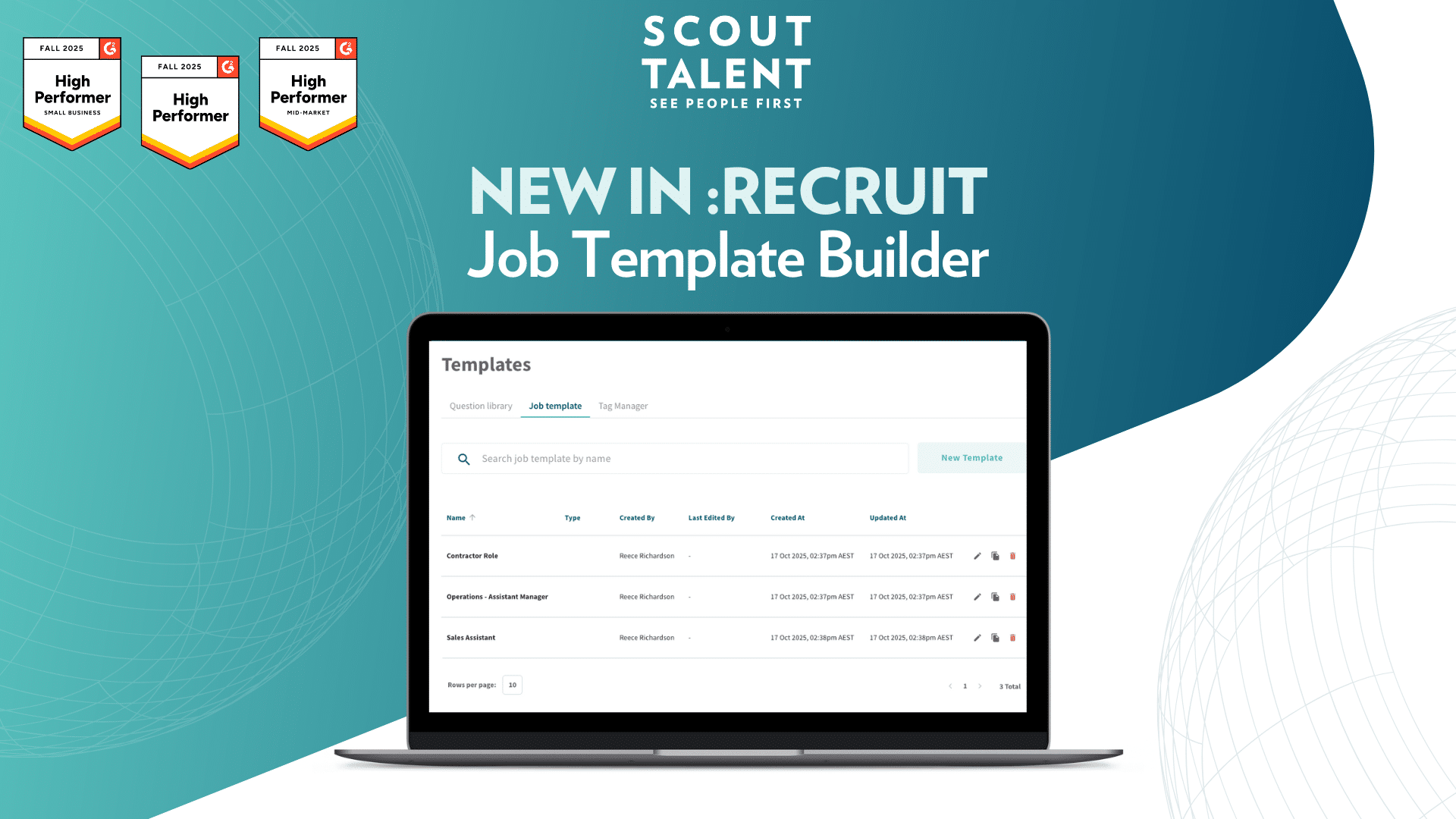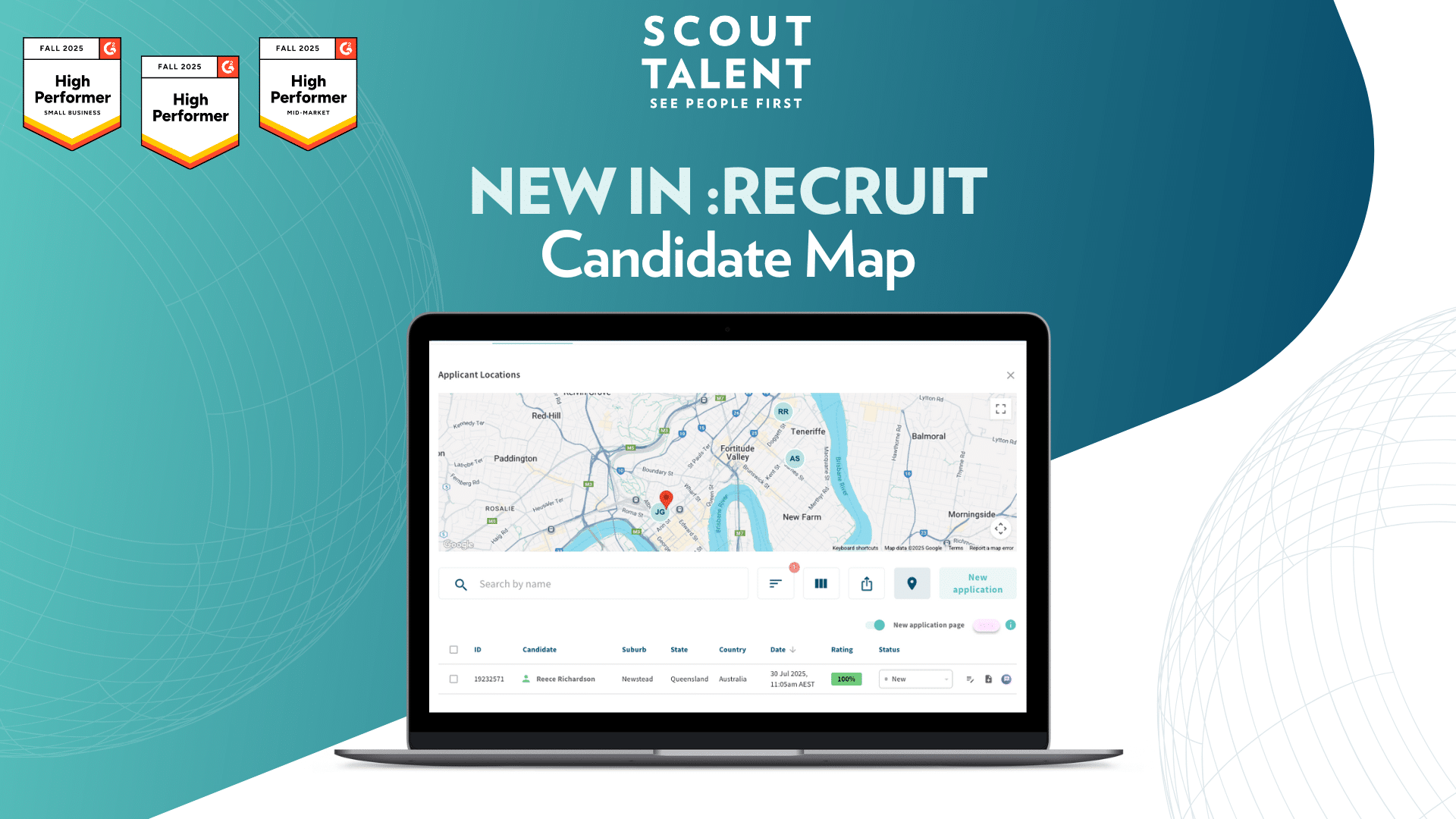Recruitment marketing should attract candidates who not only meet requirements of your role, but whose values, personality and skills are aligned within your existing team’s. Here’s how to make effective hiring decisions to build strong, cohesive teams.
When it comes to collaboration, well-being and producing meaningful work, an organisation’s team spirit is just as important as culture. What’s the difference? Culture is a natural product of people in your organisation interacting. Team spirit is the successful dynamic that lies within your culture and generates outstanding performance.
When it comes to replacing a member of the team or introducing someone new, it can be difficult to find someone who fits in and contributes to your existing groups.
Recent interviews with 460 hiring managers found that 80 per cent had difficulty finding people to gel with an existing team, and that same percentage had their fingers burnt by employing someone who didn’t work well in a team.
This type of hiring problem results in wasted time and resources. What is the cause of this problem?
From HR and hiring managers points of view, it is the inability of hired candidates to work collaboratively that was to blame (45 per cent), or a lack of team spirit (43 per cent), or lack of adaptability (37 per cent) or just a straight misalignment with company culture (34 per cent). As a result, 40 per cent of the hiring managers said the best solution was to let the new hire go.
So, to avoid this expensive recruitment mistake, here are some tips to find a candidate who will make a positive contribution to your existing team.
1. Assess cultural fit through behavioural testing
During your interviews, ask questions that reveal how and when candidates thrive, and how and why they left or are looking to move on from their previous workplace. This helps to build a picture of what style of management they are suited to, their working style and how they work in a team.
From their answers, determine if you can offer them the type of leadership and working style they are looking for. If they’re a top candidate that doesn’t match your culture, you may experience issues in the future.
2. Understand your instincts and beware of bias
It’s important to pay attention to your instincts, but don’t be ruled by them. Gut feelings don’t necessarily have a high degree of accuracy, so if a candidate’s repsonse seems off, investigate further before making a decision. Ask their referees if they can provide clarity around anything you are concerned about. Be mindful also of how personal biases can influence thinking.
3. Assign new hires with a mentor or buddy
Starting anywhere new can be daunting, which is why assigning your new hires with a buddy or mentor can help them transition into your team more easily and become confident and effective in their roles more quickly. Not to mention, research from Gallup reveals having a friend at work plays a major role in retention and productivity.
To make the best hiring decision for your existing teams, use behavioural testing, pay attention to your intuition, investigate answers further if they don’t come across as authentic, and assign new hires with a mentor or buddy.




